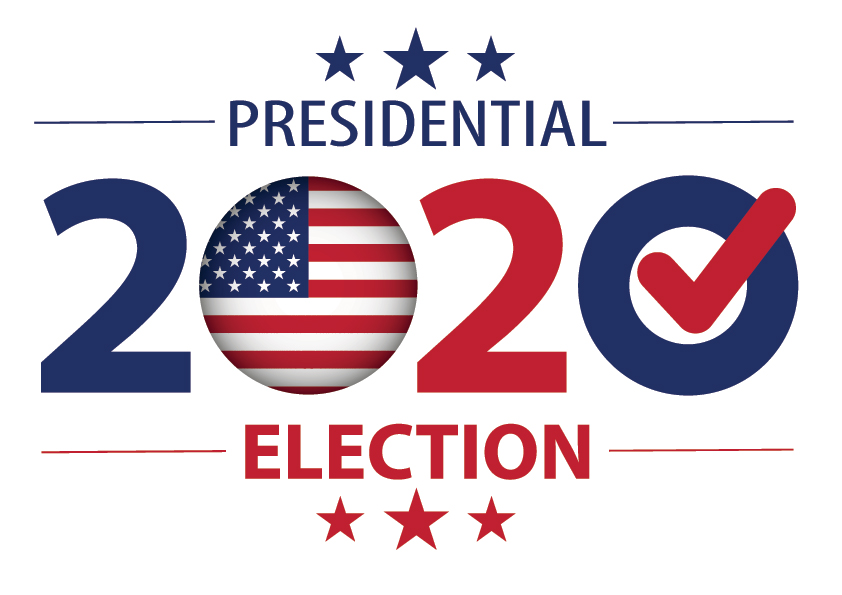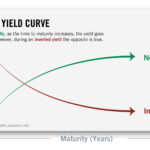This article is intended to look at three of the major potential results of the US General Election 2020, this November 3. Nationally, of course, there are literally thousands of political positions to be decided upon, but the number one spot on nearly everyone’s mind is the presidential race. An equally significant, but less discussed consequence, would be a newly determined balance of power in the US Senate. A Senate majority of the same party as the newly elected president can be seen to amplify the effects we describe below.
So let’s look at the most consequential result – that of the presidential race. The three scenarios we surmise can occur would be these: a clear undisputable Trump victory, a clear undisputable Biden victory, and a much closer result which could boil down to a contested election, with a complex resolution process that could take weeks to unfold, such as occurred in 2000.
In the case of a clear undisputable Trump victory
(which we believe to be unlikely, based upon most recent polls)
The economy and equities markets will continue to diverge over the longer term. The equities markets will probably “celebrate” by expanding the bubble which is currently in play, just as they celebrated a few days after the 2016 election. Meanwhile, the consequences of other drags on the economy due to poor management of health and social policies can be expected to continue, with a longer term result being an extension (or reignition) of forces driving Recession 2020.
In the case of a clear undisputable Biden victory
(which we believe is a more likely possibility, again based upon latest polls)
The economy, in the short term, cannot respond, due to the twelve weeks left in the lame-duck presidential administration and Congressional terms. We would expect to see many last minute attempts by the incumbents to further divide and confuse the population, and undermine any confidences which might have been gained by the election results. That implies further negative expectations for many months.
While the situation was much different in 2008, a changing of the White House guard, from Bush to Obama, accelerated the market declines in play at the time, until their lows of March 2009. This time, a changing of the guard will likely pop the equity market bubble, and start indices correcting back at least “to the mean”, or perhaps much lower if the underlying recession effects are still being ignored by policy makers. Fed policies of near-zero interest rates still unintentionally dangle the equity market carrot in front of speculators as being “the only game in town”, but that story cannot sustain equity prices in the face of seriously declining earnings and dividends, which is what to expect during a protracted recession.
Longer term consequences should be expected in terms of readjusted tax policies and levels, and additional support for people in the bottom layers of the economy, assuming participation by a willing Congress. Those changes could take an entire presidential term to “trickle up”, unless the coronavirus threat is dealt with quickly and effectively in 2021, so that a stable economic environment is again fully realizable.
In the case of a disputed Election 2020
(which we also believe to be a non-trivial possibility)
We would also expect to see last minute lame-duck issues arise, just as in the case of a clear Biden victory. In fact, during the five week-long 2000 election dispute, equity markets declined by 8% while the results out of Florida were in dispute, until the Supreme Court decided, on December 12, that Florida had to cease all recount efforts and adhere to their last-determined results, essentially handing the election to George W. Bush. At the end, final outcome(s) may again rest with the Supreme Court, well into December. A final election determination then decides which of the two undisputed outcome scenarios we follow, as described above.
Wild card influences
Questions may arise if the expected high percentages of mail-in and absentee ballots are somehow mishandled. But, the USPS handles a MUCH MUCH higher volume of mail during the year-end holiday season, without widespread complaint. Also, it is a little known fact that in 2016, about 40% of the total votes cast in the national election were absentee/mail-in, per the Federal Election Assistance Commission.
If efforts to resist or prevent external interference or manipulation fail, it is possible that election results from many states now considered “too close to call” could fall into the “Florida 2000” category. Many states could become recount quagmires, and of course, both campaigns could be spending a lot of time in courts to defend or challenge very close results. We do not consider this effect to be highly likely, however.
Summary
When it comes to politics and the emotional reactions to discrete events, the typical numerical and statistical analysis models of the economy utilized by Advanced Projections are not really applicable. What we have presented here is “editorial” in nature. However, what we have tried to do is outline some expectations for the immediate consequences of Election 2020, and these would certainly be worthy of review when all the dust has settled, by the end of January, 2021.
Resources:
https://www.fec.gov/resources/cms-content/documents/2020-05-27-ELW-Facts-About-Voting-by-Mail.pdf
https://uselectionatlas.org/INFORMATION/ARTICLES/pe2000timeline.php






